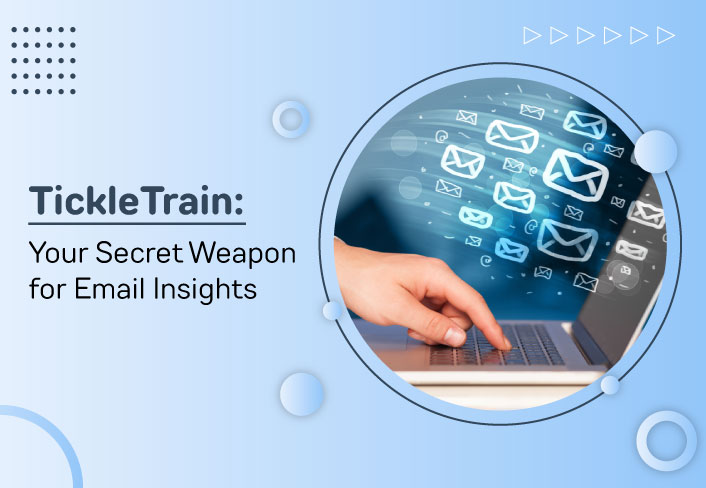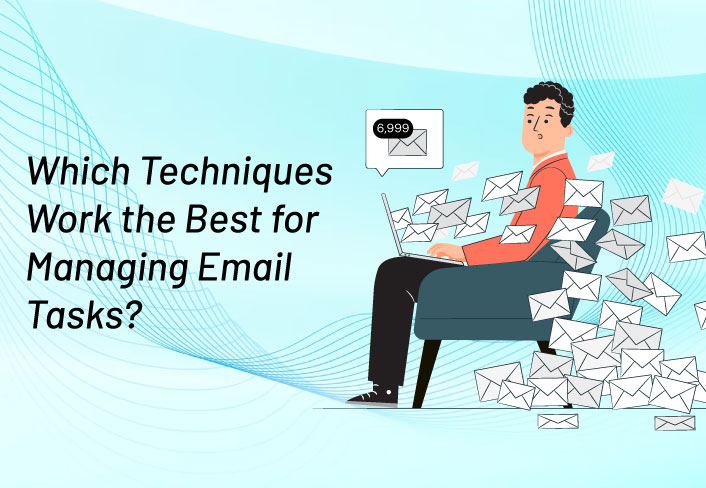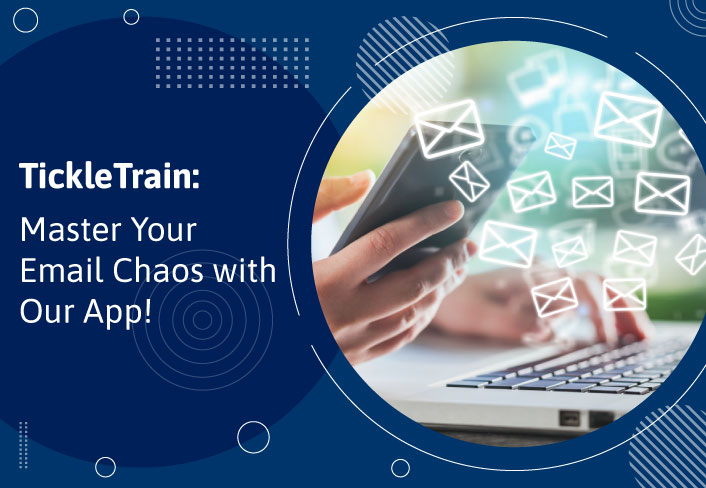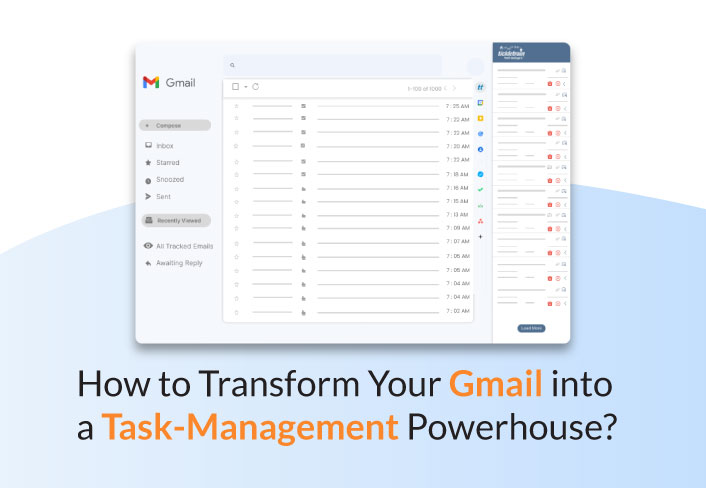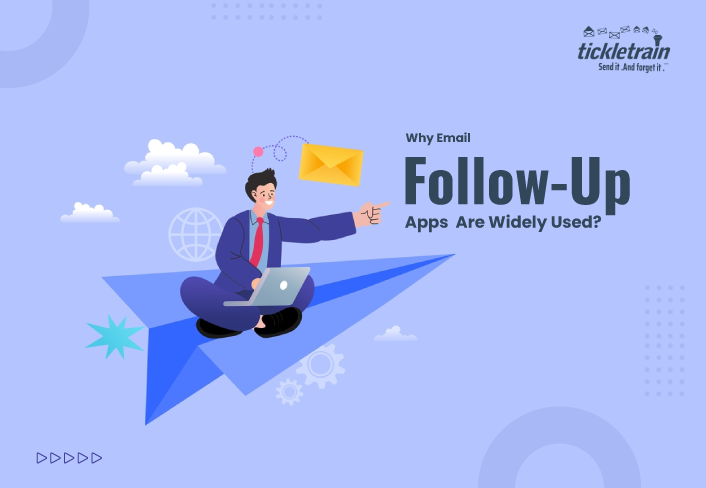
Why Email Follow-Up Apps Are Widely Used?
March 21st, 2023
Email is one of the most widely used communication methods for both individuals and businesses, and that's something to take note of!.
One of the easiest and most efficient methods to communicate with coworkers, acquaintances, and family members is via sending and receiving messages and sharing documents online. Nevertheless, maintaining a big number of emails can be overwhelming and time-consuming.
This is where the email follow up-app comes in.
An Email Follow-Up App is a software product that helps its users in managing their emails more efficiently by automating the process of following up on emails. To help users stay on top of their inboxes and never miss an important email, these apps offer a variety of features like email scheduling, reminders, templates, and monitoring.
So, why are email follow-up apps so widely used? There are several reasons for this.

- Saves time:
One of the most significant advantages of email follow-up apps is that they can save valuable time. By automating the process of email follow-up, these apps assist and allow users to focus on other essential tasks without fear of missing important emails. This is especially important for professionals who receive a large number of emails each day.
- Improved output:
There is no doubt that the email follow-up app can help you in increasing productivity by streamlining the email management process. These apps make it easier for users to organize their inboxes, prioritize their emails, and respond to messages promptly. This can help users stay on top of their workload and be more productive.
- Better communication:
Email follow-up apps can help improve communication by preventing messages from being overlooked or forgotten. These apps provide users with reminders and notifications so that they never miss an important email. This can aid in better communication with clients, coworkers, and other contacts.
- Greater customer satisfaction:
Email follow-up apps can also assist businesses in providing better customer service by ensuring that customers' questions and requests are promptly addressed. These apps can be used to create templates for common responses, allowing customer service representatives to respond to customer inquiries quickly and efficiently.
- Low cost:
Finally, email follow-up apps are frequently inexpensive. Many of these apps provide a variety of features and pricing plans to accommodate a variety of budgets and needs. As a result, they are available to businesses and individuals of all sizes.
I hope you now know the importance of email follow-up apps and why multiple businesses and individuals are widely using them.
Furthermore, you will be surprised to learn that many business owners and individuals use drip email to create follow-ups for their customers.
Now you must be thinking about how follow-ups can be created through drip emails.
Well, let us discuss it in detail:
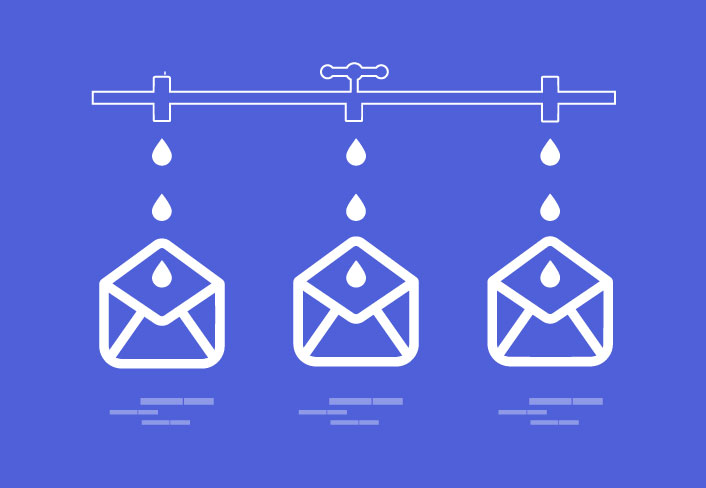
Drip Email is an effective way to generate follow-ups by sending a series of pre-written emails to a specific audience at regular intervals.
The emails are intended to be interesting, informative, and personalized for the recipient. Drip campaigns can be configured to trigger specific actions, such as opening an email or clicking on a link, which will then send the next email in the series.
This enables each receiver to have a personalized and relevant experience.
Now, businesses can nurture their leads and customers, build relationships, and ultimately drive conversions by using drip emails to create follow-ups. The key is to provide value and maintain consistency in communication without bombarding the recipient with too many emails.
Final Verdict
In summary, we can see that email follow-up apps are widely used because they provide a range of benefits, including saving time, increased productivity, improved communication, better customer service, and cost-effectiveness.
An email follow-up app can help you manage your inbox more efficiently and effectively, whether you are a busy professional, a business owner, or an individual.

